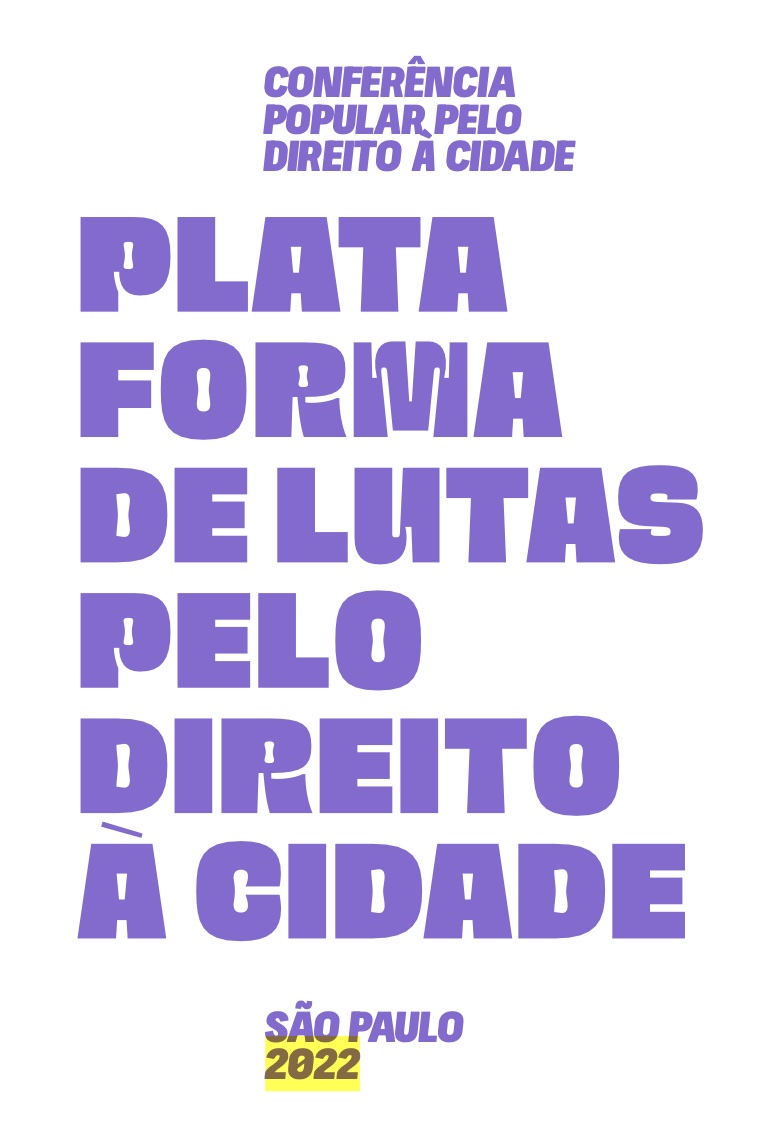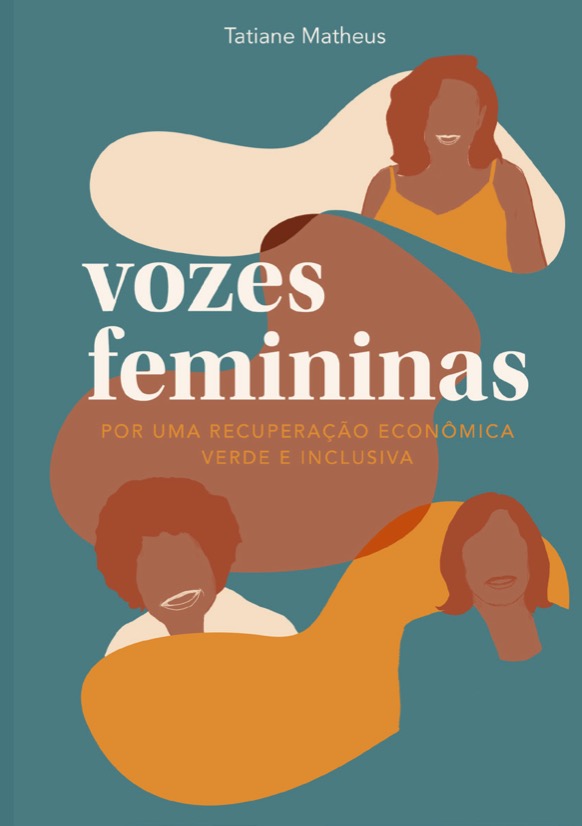Realising the Carbon Benefits of Sustainable Land Management Practices. Guidelines for estimation of soil organic carbon in the context of land degradation neutrality planning and monitoring. A report of the Science-Policy Interface
The UNCCD-SPI technical report “Realising the Carbon Benefits of Sustainable Land Management Practices: Guidelines for Estimation of Soil Organic Carbon in the Context of Land Degradation” provides decision guidance for the estimation of soil organic carbon (SOC) in support of appropriate deployment of sustainable land management (SLM) technologies, in order to maintain or increase carbon in the soil and contribute to the achievement of land degradation neutrality (LDN).






